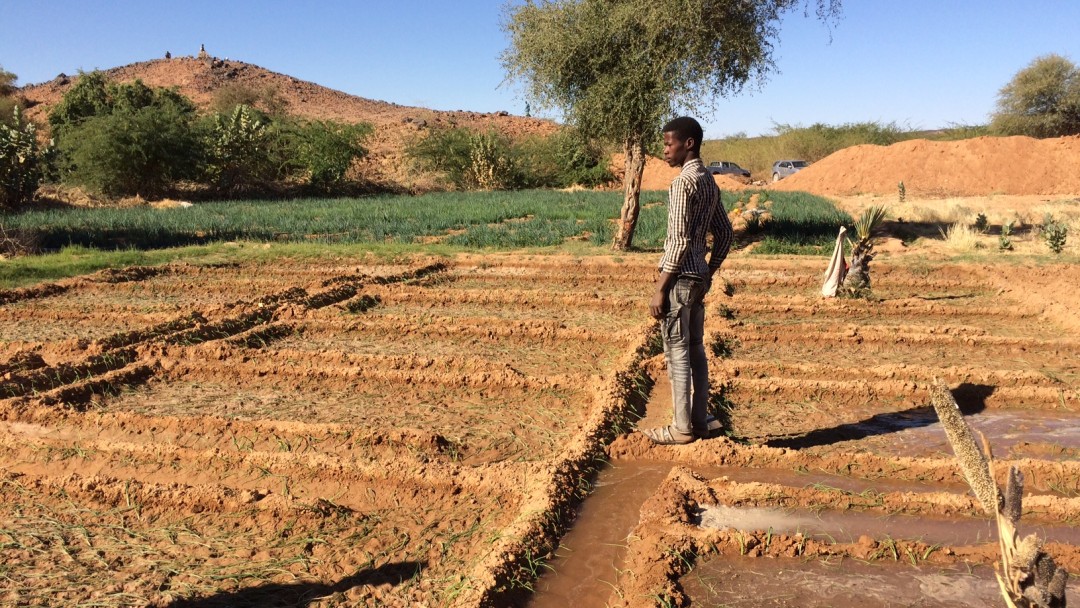
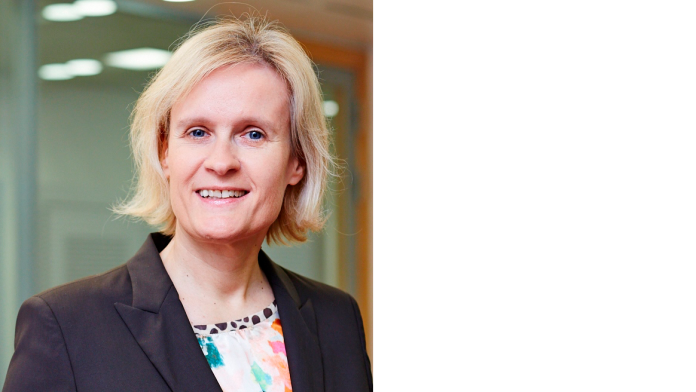
For years, Niger has been repeatedly hit by terrorist actions by various groups that have sworn allegiance to Al-Qaeda or the Islamic State (Boko Haram). Niger's geographical location makes it an ideal transit country from West Africa to the Mediterranean - the Algerian and Libyan coasts. In the desert expanses of the country (the area of Niger is three times that of Germany), the government has little control over activities of jihadist groups and criminal people smugglers outside the cities. With Mali, Mauritania, Burkina Faso and Chad, Niger formed the G5 Sahel Group in 2014 to jointly fight terror. This alliance is supported by the Sahel Alliance, launched in 2017, which includes the United Nations, the African Development Bank, the World Bank, the EU, France, Germany and other European countries. With substantial pledges for poverty reduction, agriculture and infrastructure development, the donors are trying to stabilise the situation in the fragile region and avert a humanitarian crisis.
Kerstin Laabs has been Head of Office in KfW Development Bank in Niger for two years and knows the situation on the ground well.
This year we are celebrating 60 years of DC with Niger; Niger was in fact one of the first partner countries in 1961. Chancellor Merkel has visited Niger several times in recent years. The German-Nigerian intergovernmental negotiations at the beginning of June were opened by State Secretary Jäger on the German side and by the Foreign Minister on the Nigerien side. This high-ranking line-up shows how much importance the Federal Government attaches to this cooperation. Incidentally, 69.8 million euros have been pledged for FC and TC.
In their statements, both State Secretary Jäger and our local ambassador described the entire spectrum of cooperation, starting with the Federal Foreign Office's stabilisation programmes, which are implemented, for example, through the PATRIP Foundation set up by the Federal Foreign Office together with KfW. These stabilisation measures, which are aimed at short-term effects, are primarily concerned with providing basic services to the population very quickly in the vicinity of the border. In this way, the state is brought back to these regions in a certain way, and the population is signalled: the government is doing something for us. Thus, we contribute to the stabilisation of these fragile border areas with Mali and Burkina Faso. Aiming at more medium- to long-term impacts, various BMZ instruments follow, up to and including classic bilateral cooperation. From funds of the special initiative "Fighting the Causes of Flight - (Re)integrating Refugees", the BMZ finances, for example, via KfW, the project "Stabilisation and Reconciliation in the Lake Chad Basin", which aims to improve the precarious living conditions of the population in the bordering areas of Niger, Chad, Nigeria and Cameroon as a result of the Boko Harram terror. On the Niger side of Lake Chad, attacks were even recently carried out in the provincial capital Diffa, a sign of the growing self-confidence of the terrorists in the region. A regional BMZ project is using transitional aid funds to strengthen social security systems in Niger, Mali and Mauritania and to cushion the socio-economic effects of the Covid 19 pandemic, especially for vulnerable population groups, through cash transfers. KfW is implementing this project together with its multilateral partners UNICEF and WFP. Last but not least, the BMZ is underlining its regional commitment within the framework of the Sahel Alliance by commissioning KfW to establish the "G5 Sahel Facility" in the form of a foundation. This is intended to improve income and employment opportunities for the population in the G5 Sahel countries and thus contribute to conflict prevention. In view of this variety of instruments and the total amount of funds pledged, the Nigerien Foreign Minister praised Germany during the intergovernmental negotiations as a reliable main partner in development cooperation.
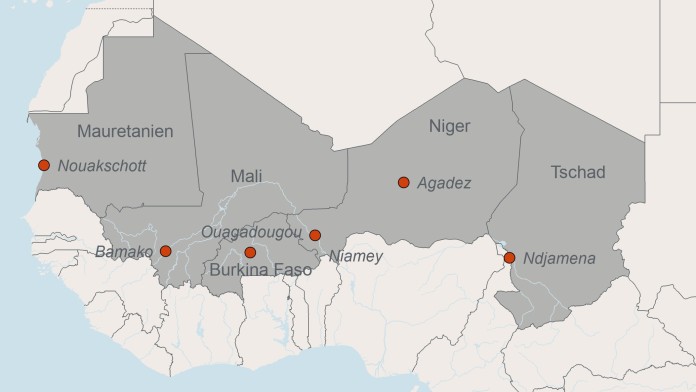
In line with the 2030 Agenda, the BMZ has defined certain core themes. Programmes within the framework of a core theme aim for long-term impacts - and thus also contribute to the implementation of reforms. The central core theme in Niger is "peace and social cohesion" with the two fields of action "peacebuilding and crisis prevention“. It is important to strengthen institutions, both at national and local level, in order to support the Nigerien state in the provision of basic services and thus strengthen the population's trust in the state. In our projects, we combine investments in basic infrastructure such as schools, health stations, markets and roads with training measures for local government. At the request of our Nigerien partners, we will in future give even greater consideration to employment promotion in our projects, with a focus on youth. Through these approaches, we also try to address the issue of migration.
Traditionally, Niger is characterised by mixed migration, e.g. transit migration, internal migration, flight movements and seasonal labour migration, as well as return movements from Algeria and Libya. The reasons are often economic, with many Nigeriens migrating to economic and urban centres. At the same time, the rise of extremist violence in the border areas with Mali and Nigeria has led to higher numbers of refugees and displaced persons. In contrast, Niger's importance as a transit country for migrants heading to the Mediterranean through Algeria and Libya has declined. These migration dynamics, coupled with massive population growth and the rapidly increasing number of young job seekers, pose immense challenges for Niger.
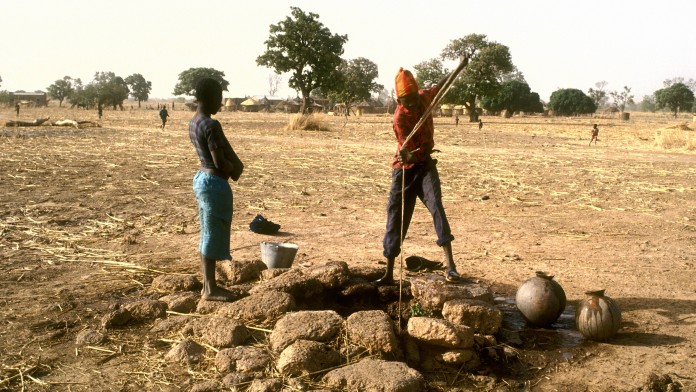
Traditionally, Niger is characterised by mixed migration, e.g. transit migration, internal migration, flight movements and seasonal labour migration, as well as return movements from Algeria and Libya. The reasons are often economic, with many Nigeriens migrating to economic and urban centres. At the same time, the rise of extremist violence in the border areas with Mali and Nigeria has led to higher numbers of refugees and displaced persons. In contrast, Niger's importance as a transit country for migrants heading to the Mediterranean through Algeria and Libya has declined. These migration dynamics, coupled with massive population growth and the rapidly increasing number of young job seekers, pose immense challenges for Niger.
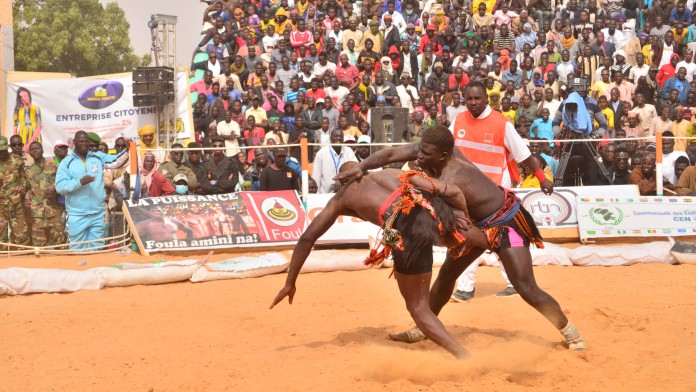
"A world without hunger" is the second core issue in Niger, because agriculture is still the most important economic sector and 80% of the Nigerien population lives from it. Due to climatically induced crop failures and high population growth, about 42% of the population suffer from malnutrition for months every year. We use BMZ grants to finance small-scale irrigation infrastructure and the rehabilitation of state-owned irrigation perimeters, and we support the Nigerien state in the procurement of fertiliser. The goal of our commitment is, on the one hand, the long-term and sustainable increase of agricultural yields and improvement of the income situation of small farmers, especially women, and, on the other hand, the protection of natural resources, e.g. through training to optimise cultivation methods. By financing the construction of rice mills, we also support small farmers in marketing rice, the staple food in Niger. In government negotiations, EUR 20 million have just been pledged for a second phase of rehabilitating irrigation perimeters. Co-financing is planned with the EU, which would like to complement our approach by promoting value chains, an approach that is also desired by the Niger government.
These are not core issues, but of course remain important fields of cooperation. The immense population growth - one woman has seven children on average - poses great challenges for the country and also builds up a certain migration pressure. In two regions we finance basic health services - especially for mother and child - and in a total of five regions measures for family planning and awareness raising in cooperation with a national NGO Animas-Sutura, which also uses unusual marketing ideas, e.g. using famous wrestlers to promote family planning and HIV prevention. We finance school buildings in all three main regions of German Development Cooperation, Tillabéri, Tahoua and Agadez. A new project promotes girls' education in particular, in order to contribute to a reduction of the immense population growth and to increase the opportunities of young women by keeping girls in school longer.
In 2015, Niger passed a law that makes it a punishable offence to support smugglers and human smuggling. Since this law has been applied very rigidly since 2016, the smuggling economy in the Agadez region has come to a standstill. At the same time, however, this has increased the pressure on donors to create other income opportunities in the region to compensate. KfW is implementing a programme called "Education and Employment Promotion"; investments in economic and social infrastructure such as the construction of markets, drinking water taps, schools and the rehabilitation of roads. Construction is usually carried out by local companies in order to promote local employment.
We recently had presidential elections in Niger and witnessed for the first time a democratic transfer of power from President Issoufou, who did not seek a third term in office in accordance with the constitution, to his elected successor President Bazoum, who was sworn in in April. Since President Bazoum is also a member of the long-standing ruling party, there were demonstrations by the opposition and sometimes violent riots, but no comparison with neighbouring Mali, Chad or even Nigeria. In his inaugural speech, President Bazoum declared "education" a priority in his government programme, particularly emphasising the importance of schooling for girls in order to get a grip on the strong population growth. By improving access to schooling for girls, the government wants to reduce the number of child marriages and prevent early pregnancies, which also pose enormous health risks for young women. Family planning is to be anchored in school curricula in the future. These developments give reason for hope.
People feel safer in the capital Niamey than in other regions of the country. Just under a year ago, six Frenchmen and two locals were victims of terrorists in a giraffe park 60 km from the capital. Since then, foreigners no longer move outside the capital without an armed escort. Niamey itself is very well secured by the Nigerien security forces. Nevertheless, crime cannot be completely ruled out, of course. That's why we are also vigilant in the city. People visit each other at home, meet in restaurants. At the moment, this is only possible to a limited extent because of Corona, although the numbers are low and illnesses and deaths are rare. My life in Niamey takes place more or less between the apartment building, the KfW office, partner ministries and the supermarket. Despite these restrictions and risks, I felt very privileged in my house with a garden during the Corona period - compared to my colleagues in Frankfurt: home office, home schooling. What I value most is the opportunity to work personally with our Nigerien colleagues in our local office and with our Nigerien partners. Maintaining personal contacts is crucial in Niger for building trusting working relationships.
The interview was conducted by Susanne Schröder.
Share page
To share the content of this page with your network, click on one of the icons below.
Note on data protection: When you share content, your personal data is transferred to the selected network.
Data protection
Alternatively, you can also copy the short link: https://www.kfw-entwicklungsbank.de/s/enzBYJdA
Copy link Link copied